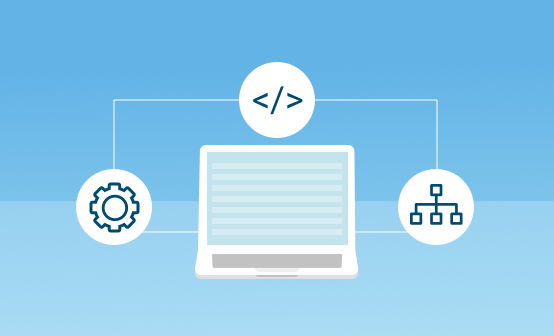
DevOps Pulse 2023: Increased MTTR and Cloud Complexity

Evolving DevOps maturity, mounting Mean-Time-to-Recovery (MTTR), and perplexing cloud environments – all these factors are shaping modern observability practices according to approximately 500 observability practitioners. While every organization faces its unique challenges, there are broadly impactful trends that arise.
For this reason, Logz.io strives to gather the opinions of individuals immersed by the challenges and opportunities within observability and consolidate them into our DevOps Pulse report. We track these trends year over year, providing a comprehensive view of observability’s progression, challenges, and maturity.
The 2023 DevOps Pulse report highlights a concerning trend for observability: the MTTR for production issues, a key performance metric in observability systems, has steadily increased as an issue for organizations year after year.
The main driver of this trend is cloud native complexity. As such, the goal of this year’s report is to highlight how this obstacle, along with other impeding factors, is currently impacting observability in modern environments.
Cloud Native Complexity Proves Challenging
In the 2023 DevOps Pulse survey, we received a plethora of responses indicating that DevOps is rapidly maturing and showing increased growth within their organizations. Over 45% of respondents have fully embraced DevOps practices, a figure up from 37% from the year prior.
However, respondents also signaled observability comes with its challenges. Among the responses, many of them faced struggles with complexity due to cloud technology adoption, tool sprawl, security integration, and various other drawbacks.
Cloud infrastructure is inundated with complexity caused by these factors, leading to the reported increase in the MTTR for organizations. According to the 2023 survey, over 75% of responses said that their MTTR exceeds multiple hours. As a result, only 14% of respondents stated they were satisfied with their current MTTR, indicating an urgent need for improvement.
Complexity in observability is widespread and costly for organizations. As observability practices continue to mature, it will be paramount for organizations to understand the problem at hand and explore strategies to mitigate this issue.
Open Source and DevOps Maturity Thrive
While there are indications of challenges in organizations due to the complexity of cloud native technologies, the adoption of open source technologies and overall DevOps maturity indicate clear signs of progress for observability.
According to the 2023 survey results, 45% of respondents have either partially or fully adopted DevOps practices within their organization. Higher DevOps maturity, reflected by an increase in automated processes, team consolidation, and cloud technology all contribute to improved observability practices.
Open source also continues to grow as a key strategic element within organizations, with survey results showing that 93% utilize open source tools for observability. Users generally favor open source due to its widespread integration capabilities, lower ownership cost, and avoidance of vendor lock-in.
However, open source observability users continue to struggle with data management, scalability, and lack of knowledge when implementing these tools in their ecosystem. These limiting aspects of open source can be time-consuming to address and take time away from other valuable initiatives.
Organizations have clearly gone through substantial growth when it comes to their observability practices. While teams continue to push forward and evolve, it’s worth considering alternative solutions that can help with the task at hand.
Where Can I Learn More?
The DevOps Pulse Survey shines a spotlight on the prevalent issues and improvements in observability. Organizations within the space have led impressive growth and we will continue to explore these trends as the observability industry progresses forward.
We encourage you to read the full report, and also join us for our upcoming webinar where we’ll cover the full breadth of information from the 2023 survey.
Get started for free
Completely free for 14 days, no strings attached.


